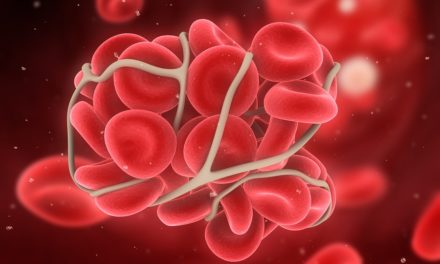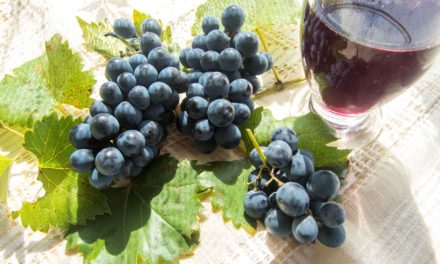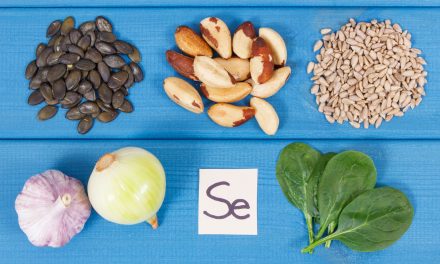Vitamin K1 is found in green leafy vegetables. Vitamin K2 (menaquinone) is a little harder to obtain from the diet; it is found in egg yolks, organ meats and natto (a fermented soy product commonly consumed in Japan, which is very high in menaquinone). People living in areas of Japan where natto is consumed have very high levels of K2.
Vitamin K2 is important for both bone and cardiovascular health, as it is involved with regulating calcium. Vitamin K dependent proteins (like matrix Gla-protein) can inhibit arterial calcification. Low vitamin K levels are associated with a risk for atherosclerosis and heart disease, according to a study appearing in the Journal of Nutrition (134:3100-3105, November 2004) involved 4807 subjects with no history of myocardial infarction at baseline (1990–1993) who were followed until January 1, 2000. Intake of vitamin K2 was inversely related to the incidence of heart disease. Those consuming the most vitamin K had a 57% reduction in death from heart disease when compared to those with low vitamin K consumption.
Vitamin K2 is important for bone strength, helping to prevent osteoporosis and fractures. A two-year study appearing in the Journal of Bone and Mineral Research (2000 Mar;15(3):515-21) looked at the effect vitamin K2 has on bone strength. The subjects of the study were 241 patients with osteoporosis. They were divided into two groups, with one group receiving 45 mg/day of vitamin K2 and the other group acting as a control. The control group had a higher incidence of fractures and lower bone density than the group receiving the vitamin K supplementation. Vitamin K has even outperformed one of the osteoporosis drugs (etidronate). In research appearing in Yonsei Medical Journal (2003 Oct 30;44(5):751-6), women taking 45 mg/day of vitamin K2 had a lower fracture rate than those taking etidronate.






